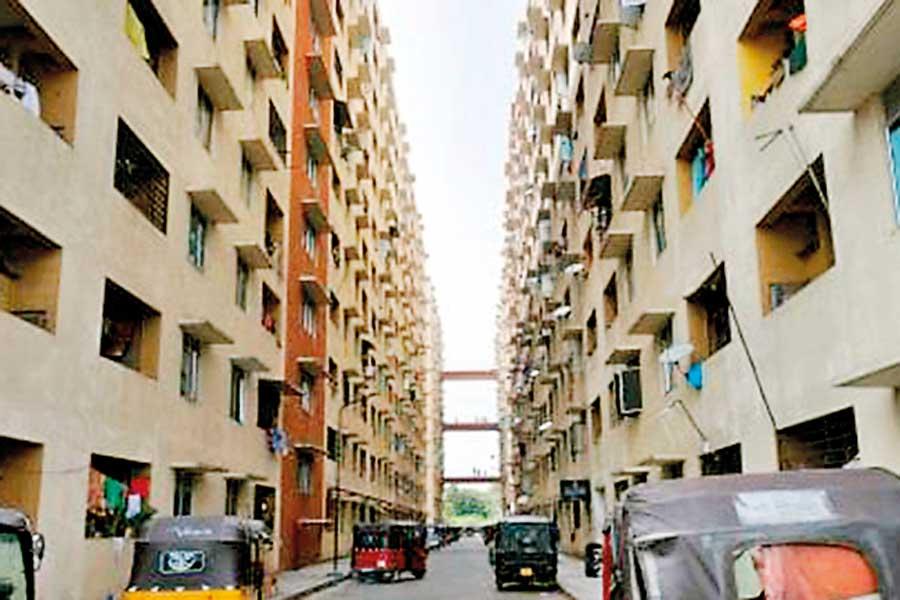08 Oct 2021 - {{hitsCtrl.values.hits}}

“Strengthening Civil Society Engagement in COVID-19 Response in Sri Lanka”, is carried out by the World Health Organisation, country office for Sri Lanka together with the Foundation for Health Promotion under the main aim of strengthening the response of the civil society engagement in the response and prevention activities of the COVID-19 pandemic. The project intends to create results-driven COVID-19 responses through active engagement of the society in line with the Health Promotion principles thus enabling better management of real and suspected infections within the society.
Six divisional secretariat divisions (DSDs) from six districts (Colombo, Matara, Monaragala, Kurunegala, Anuradhapura and Trincomalee) were selected. The intervention were conducted in selected GN divisions (n=3 from each DSD) in Matara, Monaragala, Kurunegala, Anuradhapura and Trincomalee districts. Three crowded urban settlements were selected in the Colombo district, where the majority of COVID patients have been identified and more deaths reported until now. Different community members such as men, young and old people and children were engaged with the project with their active involvement in all phases of the project. Enthusiastic community members were chosen as community mobilizers (CMs) and trained to facilitate the process within their community.
With the involvement of Estate and Urban Health Unit, Ministry of Health Sri Lanka, three high rising flats were selected from Colombo district. They were Sirimuthu Uyana (including 730 families and 2875 population), Mihijaya Sewana (including 545 families and 2750 population) and Randiya Uyana (including families and population). As other five districts, in Colombo district, project implementation is being done through trained Health Promotion officers, Research Assistants and Community Mobilizers which is spearheaded by a team of experienced Resource Persons in Health Promotion. As a result of that, nine Community Covid Responsive Groups (CCRGs) were created in Colombo district. CCRGs are community-specific formal and informal groups or structures to work on COVID-19 risk prevention and the relevant behaviour changes. These CCRGs are small working groups (or steering groups; approximately 5 -10 members) that consist of lay community members from different populations/specific areas (e.g., community leaders, volunteers including mothers, fathers, young people or children, village societies, etc.). They were actively engage in the process,work with CMs and work with other community members to bring about change.
In the three housing complexes in the Colombo district, various activities related to COVID-19 prevention, both at the household as well as community level were conducted to encourage people to identify safety precautions in and around the society. Many activities that reduce the risk of transmission such as washbasins at entrances of each flat, monitoring the use of the lift and monitoring the COVID-19 risk at household level using successful health promotional interventions were some of the highlights.
Children were also part of the process of creating posters to be put inside the lift enabling them to get a better understanding of methods that aid the spread of COVID-19. The importance of vaccinations was discussed and the activecommunity groups encouraged the participation of community members in keeping track of the vaccination status within their flat. The impact of Non-Communicable Diseases (NCDs) on individual well-being and the relationship between COVID-19 risk and NCDs was discussed.
Awareness was created among the community on the adverse effects of NCDs and their related complications during this time of the pandemic. Also, they could identify the level of NCDs risk in their multiple housing complexes and they were initiated to reduce the risk by addressing influential determinants for Non-Communicable Diseases. Effective money management practices were discussed giving the priority to money spent on tobacco. The discussions were conducted to improve the wellbeing of children in flats. The impact of smartphones on children and the ways of improving variety of interest were also discussed.
28 Nov 2024 1 hours ago
28 Nov 2024 3 hours ago
28 Nov 2024 4 hours ago
28 Nov 2024 4 hours ago
28 Nov 2024 5 hours ago